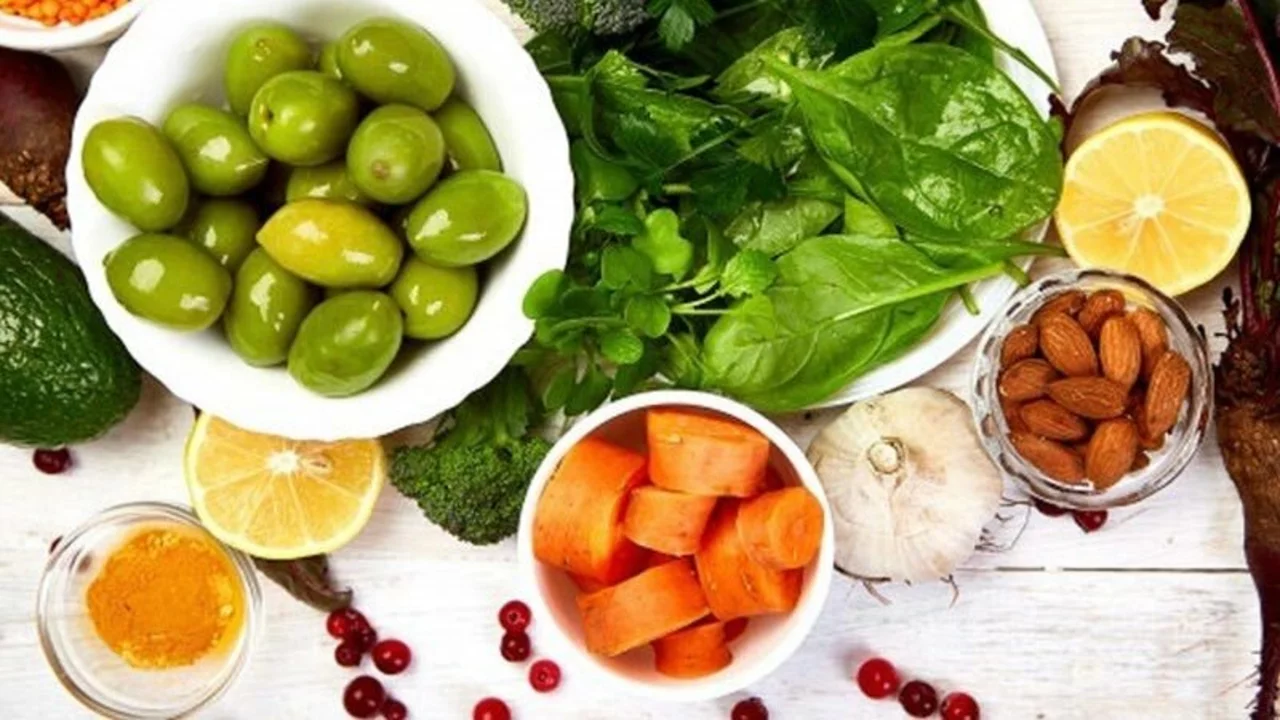
If you've never heard of nasturtium, you're not alone. This vibrant flowering plant is often overlooked in the world of dietary supplements, but it's time we change that. Nasturtium, with its fiery orange, yellow, and red flowers, is not just a pretty face. It's an incredible source of health benefits that can contribute significantly to our overall well-being.
Native to South and Central America, nasturtium has been used for centuries by indigenous tribes for its medicinal properties. Today, we are just starting to understand the full potential of this natural powerhouse. So let's delve deeper into the world of nasturtium and explore the many ways it can enhance our health.
One of the reasons nasturtium is such a health powerhouse is its rich nutrient profile. It's packed with vitamins like Vitamin C and minerals like iron and manganese. But that's not all. Nasturtium also contains lutein, a potent antioxidant that can protect our cells from damage.
In addition to these, nasturtium is also a source of glucosinolates, compounds that have been found to have anti-cancer properties. And to top it all, nasturtium is low in calories and high in dietary fiber, making it a fantastic addition to any balanced diet.
The high content of Vitamin C in nasturtium makes it an excellent immune booster. Eating nasturtium can help increase the production of white blood cells, strengthening our body's defense mechanism against infections and diseases.
Not only that, but Vitamin C is also a potent antioxidant that can protect our cells from damage caused by free radicals. This means that adding nasturtium to your diet could help you stay healthier and recover faster from illnesses.
Nasturtium has been traditionally used for its antibacterial and antiviral properties. Studies have shown that nasturtium can inhibit the growth of certain harmful bacteria, including E. coli and Staphylococcus aureus.
This makes nasturtium a potent natural remedy for infections. Whether you're dealing with a minor wound or a more serious infection, nasturtium could be a natural alternative to antibiotics, helping your body fight off harmful microbes naturally.
Who doesn't want radiant, healthy skin? Well, nasturtium can help with that too. Its high Vitamin C content can stimulate collagen production, keeping your skin firm and youthful.
Moreover, the antioxidants in nasturtium can protect your skin from environmental stressors, reducing the signs of aging. And if you're dealing with acne or other skin issues, nasturtium's antibacterial properties can help clear your skin, giving you that healthy glow you've always wanted.
Adding nasturtium to your diet can also be beneficial for your digestive health. Its high fiber content can promote regular bowel movements, preventing constipation and other digestive issues.
Furthermore, nasturtium has been used traditionally to alleviate digestive ailments like bloating and indigestion. So if you're struggling with digestive issues, nasturtium could be a natural and effective solution.
Heart disease is a leading cause of death worldwide, and maintaining a healthy heart is crucial for our overall health. Nasturtium can contribute to heart health in several ways. Its high Vitamin C content can help lower blood pressure, reducing the risk of heart disease.
Furthermore, nasturtium is a good source of lutein, an antioxidant that has been linked to reduced risk of heart disease. So adding nasturtium to your diet could be a simple and effective way to support your heart health.
Convinced about the health benefits of nasturtium? Great! Now, let's talk about how you can incorporate it into your diet. Nasturtium is a versatile plant, and both its leaves and flowers can be eaten. The peppery flavor of nasturtium makes it a great addition to salads, soups, and stir-fries.
You can also make a nasturtium tea, which is a popular remedy for colds and respiratory infections. Or how about a nasturtium pesto for a unique twist on the classic recipe? The possibilities are endless, and adding nasturtium to your diet could be a delicious and healthful adventure.